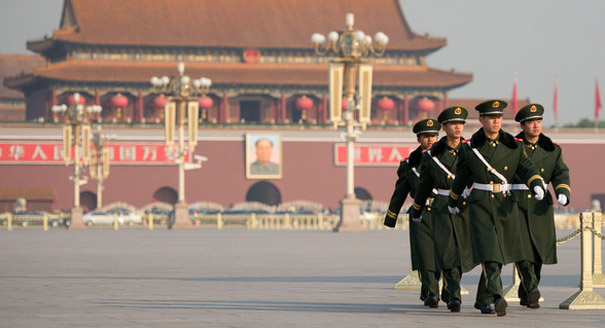Source: Review of International Political Economy
 Has a Beijing Consensus emerged to challenge the Washington Consensus? If so, what is the essence of this alternative consensus and why does it matter? This article argues that efforts at a definitive description of a Chinese model of state–economy relations, especially as it compares to the original policy recommendations of the Washington Consensus, have and will continue to prove unsatisfying. This is because any such comparative exercise is inherently political and prone to various angles of critique. Instead, this article argues that it is precisely because of the politics of such comparison that competing and often contradictory portrayals of a Beijing Consensus or China Model have taken on importance inside and outside of China. This article further argues that western accounts of a Beijing Consensus or China Model alternative to the Washington Consensus too often ignore or minimize the contentious debates within China about how best to describe Chinese economic governance. This study, in contrast, seeks to understand China's relationship to the Washington Consensus by exploring how concepts like the Beijing Consensus or China Model are deployed and contested outside and inside of China. The article concludes by offering suggestions for further research on the domestic Chinese and international policy implications of debates about the Beijing Consensus.
Has a Beijing Consensus emerged to challenge the Washington Consensus? If so, what is the essence of this alternative consensus and why does it matter? This article argues that efforts at a definitive description of a Chinese model of state–economy relations, especially as it compares to the original policy recommendations of the Washington Consensus, have and will continue to prove unsatisfying. This is because any such comparative exercise is inherently political and prone to various angles of critique. Instead, this article argues that it is precisely because of the politics of such comparison that competing and often contradictory portrayals of a Beijing Consensus or China Model have taken on importance inside and outside of China. This article further argues that western accounts of a Beijing Consensus or China Model alternative to the Washington Consensus too often ignore or minimize the contentious debates within China about how best to describe Chinese economic governance. This study, in contrast, seeks to understand China's relationship to the Washington Consensus by exploring how concepts like the Beijing Consensus or China Model are deployed and contested outside and inside of China. The article concludes by offering suggestions for further research on the domestic Chinese and international policy implications of debates about the Beijing Consensus.








.jpg)
